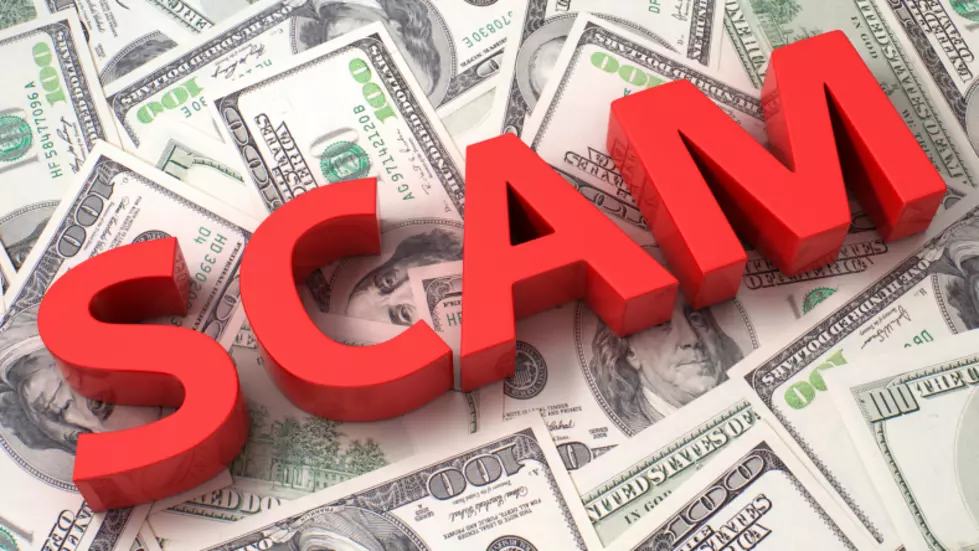
U.S. Album Sales Fall 12.8% in 2010, Digital Tracks Eke Out 1% Gain | Billboard.com
As expected, the year-end Nielsen SoundScan numbers once again tell a tale of an industry in turmoil. There were a few bright spots, but 2010 was mostly about diminishing returns. During the 52 weeks ended Jan. 2, album sales in the United States fell 12.8% to 326.2 million units from 373.9 million units in the prior year, as the sales of CDs fell by nearly 20% for the fourth year in a row.
In the digital realm, growth in individual track sales continued to slow, barely managing to eke out a 1% increase, as sales reached 1.17 billion units, versus 1.16 billion in 2009.
Digital album downloads fared better, posting 13% growth to 86.3 million from the 76.4 million scanned during 2009, accounting for nearly 26.5% of all U.S. album sales last year, according to SoundScan.
Combined U.S. sales of albums and track-equivalent albums (or TEA, where 10 tracks equals one album) fell 9.5% for the year to 443.4 million units from 2009's 489.8 million units, according to SoundScan.
For the first time in the digital era, overall music unit sales -- which count each sale of an album, digital track and music video as one unit -- fell 2.4% to 1.51 billion units from the 1.55 billion units in 2009.
On a positive note, five tracks topped 4 million units in 2010 (versus four songs in 2009), while another seven songs scanned more than 3 million each, versus three in the previous year. However, 2010 only produced 86 songs overall that each scanned 1 million units or better, three less than the 89 that accomplished that feat in the prior year.
The top-selling song, Katy Perry's "California Gurls," scanned nearly 4.4 million units last year, which in 2009 would have ranked third behind the Black Eyed Peas' "Boom Boom Pow," which tallied 4.8 million tracks, and the group's "I Gotta Feeling," which garnered nearly 4.43 million units.
In another telling sign about the nearly static track-download market, the single highest-scanning week since the advent of downloads remains the 47.7 million units scanned in the week ending Dec. 28, 2008. In fact, 2010's single-week track scan peak of nearly 44 million units didn't even beat out the best track week in 2009, which was nearly 44.8 million units in the week ending Dec. 27 of that year.
Album sales continued to decline, hurt by downloading at unauthorized peer-to-peer networks and shrinking shelf space at fewer brick-and-mortar retail outlets. For the year, only 13 albums managed to scan more than 1 million units, with the best-selling title being the 3.4 million units scanned by Eminem's "Recovery." That represents a new low in the SoundScan era -- even worse than 2009, when only 22 albums scanned a million units apiece.
In a reversal of a trend, catalog albums (titles more than 18 months old that don't meet any of the other current-title qualifications) were the drag on album sales, falling 15.3% to 138.9 million units from 163.9 million scans in 2009. Current albums (those recorded in the first 18 months that stay in the top half of the Billboard 200 or are active at radio) declined 10.8% to 187.3 million units, from 209.9 million units in the prior year. In the five prior years, catalog albums had outperformed current album sales. But in examing the catalog-sales decline between 2010 and 2009, two factors should be noted: the big sales boosts resulting from Michael Jackson's death in June of 2009, and the reissue of the Beatles catalog in the second half of the year.
Finally, Universal Music Group remains the perennial market-share leader. For the year, it garnered 31.4% market share in albums (including track-equivalent ones), beating out Sony Music Entertainment's 27.4% slice and Warner Music Group's 19.8% performance. EMI finished fourth with 9.6%, while the indie sector collectively garnered 11.6%. However that total doesn't take into account independent labels that are distributed by major-label-owned indie distributors.
More From The Moose 94.7 FM






